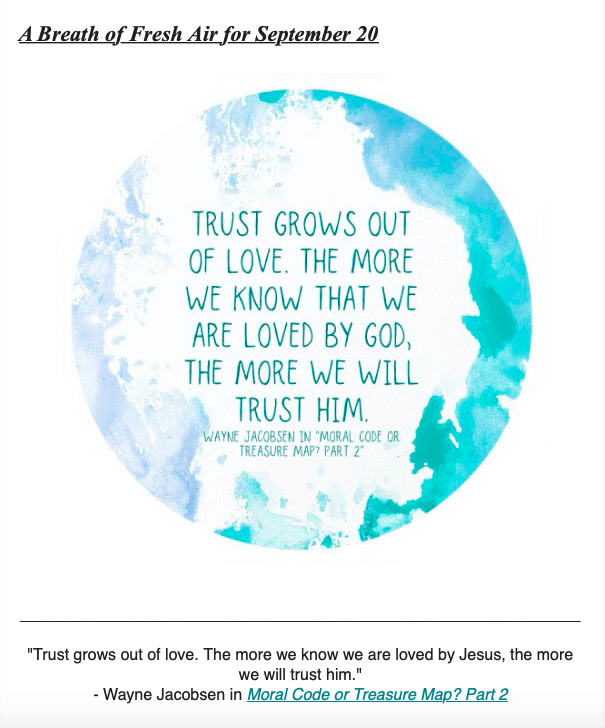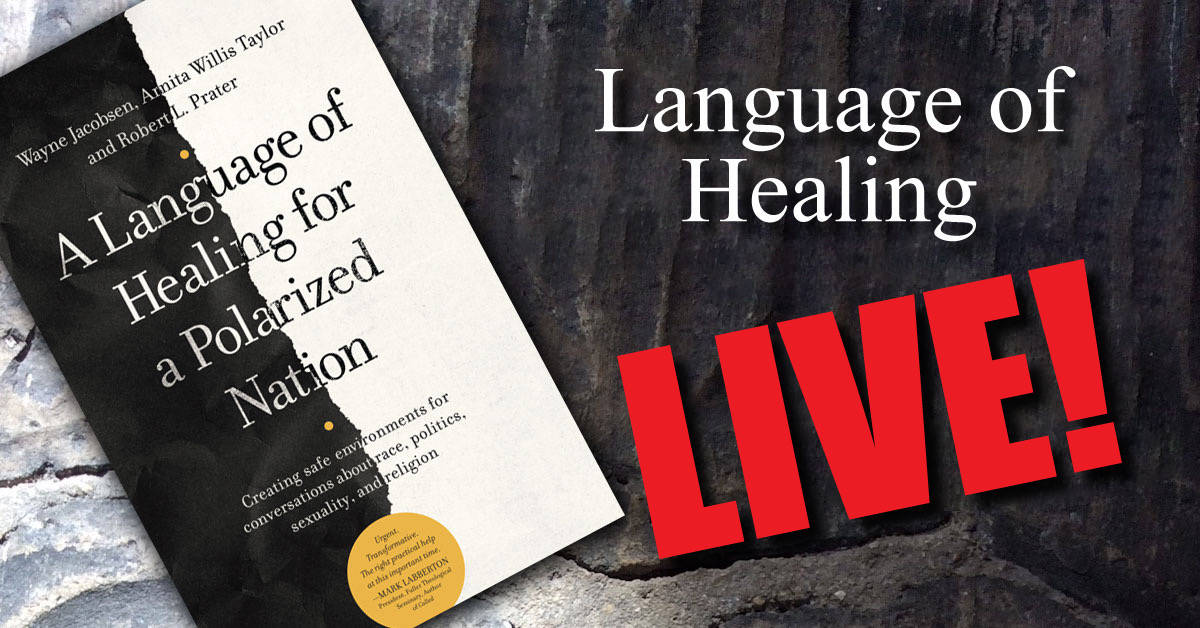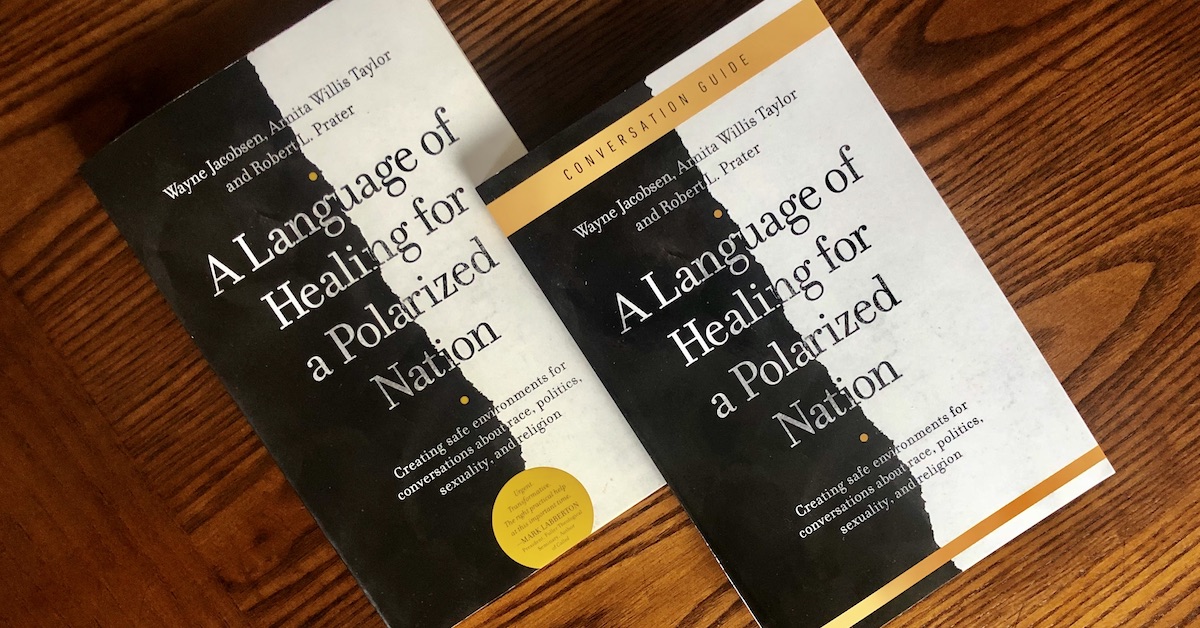Putting Some Encouragement Into Your Day
I’ve never had so much fun recycling. We do it, of course. We live in California, and you can’t take everything to landfills. We recycle everything we can, including banana peels, which go back to making compost for Sara’s garden.
But my own writings? It really hadn’t occurred to me even a few weeks ago until a series of God-ordained events and conversations helped me discover a way to do that. A few weeks ago, we debuted A Breath of Fresh Air, taking short quotes from my past articles, blogs, books, and podcasts and mailing them out three times a week to those who wanted a bit of encouragement. The response has been overwhelming, not just with people subscribing but with the timeliness of those quotes with events in many of your lives. If you’re not on our email list, you can sign up here.
Last week we began posting different quotes on my Instagram account on three different days of the week. The same woman who has been selecting quotes for A Breath of Fresh Air has been putting some art to them as another way to put some wonderful things into the air. You can see three examples in the graphic above. We’re trying to work out the process to have them cross-post on my Facebook Author page but haven’t fully sorted that out yet. Hopefully, it will do so tomorrow. If not, you can subscribe to my Instagram feed here or find me there as wayneatlifestream.
Finally, I’m just completing a daily devotional we hope to fast-track for the end of the year. We’re calling it Live Loved, Full & Free. A college person we had worked for me a few years back went through my Living Loved articles and my blog posts and put them into 365 short, daily readings. I love how she broke those down into individual thoughts and tied them together in a way that can enhance the daily trajectory of a life wanting to follow Jesus.
For the past few weeks, I’ve been working through that material, updating it and adding some new insights in hopes of getting it in print by the end of the year. I’ve had this in my files for a few years, but I haven’t moved on them because I didn’t have a sense that the time was right. Now, I know that it is, just by how much re-reading some of them has refocused and reinvigorated my own journey.
Some of my best thoughts over the past couple of decades have gone into my semi-regular blog posts, but I’ve always lamented how quickly blog posts vanish into the ether. Blogs have no endurance; books do. I can’t wait to share some of these re-purposed encouragements to a more vibrant journey.
I’m really grateful that others have encouraged me to cull through the vast content on this website and find ways to let it live again in the hearts of people who will find it valuable.










 Second, we have put the
Second, we have put the 




 Finally, we are still needing some help with Kenya. The hope is to drill two more wells for two neighboring tribes to the ones we helped over the last five years. A couple of weeks ago,
Finally, we are still needing some help with Kenya. The hope is to drill two more wells for two neighboring tribes to the ones we helped over the last five years. A couple of weeks ago, 
